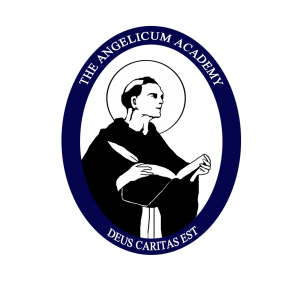
101T: Fundamental Theology: Revelation and Christology
Each of the four Theology Online courses by Fr. Joseph Fessio is a 'stand-alone' course, which me
101T: Fundamental Theology: Revelation and Christology
Each of the four Theology Online courses by Fr. Joseph Fessio is a 'stand-alone' course, which me
Enroll Now
102T: Fundamental Theology: The Creed
Course Objective: This 3-credit hour course in theology will take as guide the foundational work o
102T: Fundamental Theology: The Creed
Course Objective: This 3-credit hour course in theology will take as guide the foundational work o
Enroll Now
203T: Jesus of Nazareth
Course Objective: This 3-credit hour course explores the central figure of Biblical revelation, Je
203T: Jesus of Nazareth
Course Objective: This 3-credit hour course explores the central figure of Biblical revelation, Je
Enroll Now
204T: The Liturgy
Course Objective: This 3-credit hour course responds to the questions: What is the Liturgy? How di
204T: The Liturgy
Course Objective: This 3-credit hour course responds to the questions: What is the Liturgy? How di
Enroll Now
